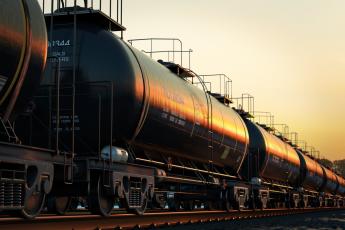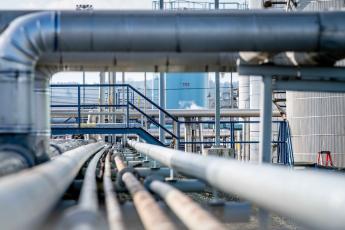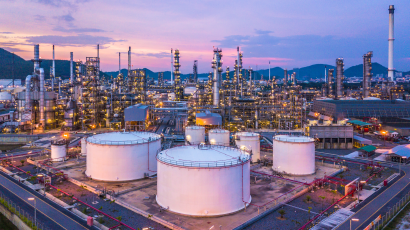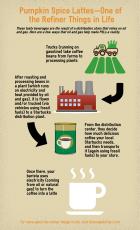Transporting fuels and chemicals by rail: What AFPM members do to keep rail shipments safe
Transportation safety is a shared responsibility and a range of stakeholders play a part, including rail shippers, rail workers, the railroads (or rail carriers) and well-prepared emergency responders. AFPM members, as shippers, control the tank cars and rail cars we own up to the point when we hand them over to the railroads.








